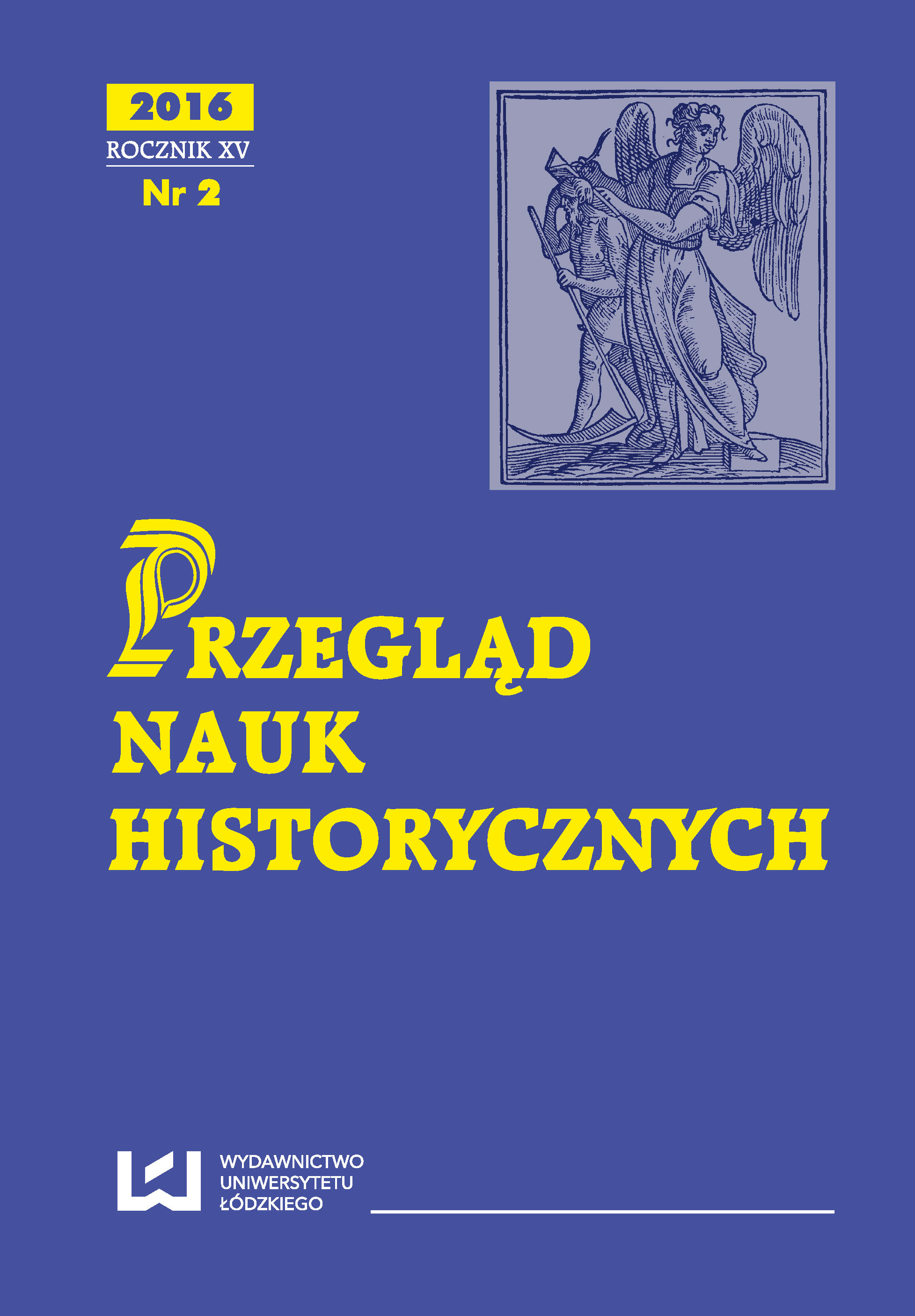Sława, chwała i plotka Władysław Warneńczyk jako król Węgier
Fame, glory and rumour. Vladislaus of Varna as king of Hungary
Author(s): Stanisław A. SrokaSubject(s): 15th Century
Published by: Wydawnictwo Uniwersytetu Łódzkiego
Keywords: history of Hungary; king Vladislaus of Varna; battle of Varna
Summary/Abstract: The author discusses Vladislaus’s of Varna reign in Hungary (1440–1444), highlighting those issues connected with the King which have recently been widely discussed and which cover three areas. The first one concerns the alleged disappearance of Vladislaus of Varna during the Battle of Varna (1444). In historiography, there are various fantastic theories about Vladislaus’s of Varna further life after the battle – their authors are usually amateur historians who unjustifiably reject the information given in many Turkish chronicles which report the death of the King during the battle. The most popular theory concerns the King’s staying on the Portuguese island of Madeira. Some even believe that Vladislaus got married there and was Christopher Columbus’s father. Another issue which has recently been hotly debated is the issue of the King’s alleged homosexuality, which even led to regarding him as an informal patron of gay men in Central Europe. Proponents base their theory on the chronicle of Jan Dlugosz, who rather had in mind sexual promiscuity of the ruler; therefore, the chronicler’s statement that the king was in marium libidinem proclivus should probably be understood in such a way. In this article the author also discusses the issue of the burial place of the King in the light of the recent initiative of the Bulgarian intellectuals who believe that the remains of Vladislaus of Varna should be sought in the Greek chapel in a place called Ak Yazala Baba (today Obrocziszte village near Varna). / Autor omawia panowanie Władysława Warneńczyka na Węgrzech (1440–1444), akcentując te zagadnienia, które w odniesieniu do postaci króla są w ostatnim czasie żywo dyskutowane. Chodzi głównie o trzy wątki. Pierwszy z nich dotyczy rzekomego zniknięcia Warneńczyka podczas bitwy pod Warną (1444). W historiografii występują różne fantastyczne teorie o losach Warneńczyka po tej bitwie (ich autorami są zazwyczaj historycy amatorzy, którzy bezpodstawnie odrzucają przekazy wielu kronik tureckich donoszących o śmierci monarchy podczas bitwy). Najbardziej popularna teoria dotyczy królewskiego pobytu na portugalskiej wyspie Madera. Niektórzy uważają nawet, że Władysław ożenił się tam i spłodził Krzysztofa Kolumba. Drugim zagadnieniem żywo ostatnio dyskutowanym jest sprawa rzekomej orientacji homoseksualnej władcy, co doprowadziło nawet do okrzyknięcia go nieformalnym patronem gejów w Europie Środkowej. Zwolennicy tego poglądu opierają się na przekazie kroniki Jana Długosza, który raczej miał na myśli pewną obyczajową rozwiązłość władcy (tak zapewne rozumieć należy użyte przez kronikarza sformułowanie, że król był in marium libidinem proclivus). W artykule autor zajął się także kwestią pochówku króla w świetle ostatniej inicjatywy intelektualistów bułgarskich, którzy uważają, że szczątków Władysława Warneńczyka należy poszukiwać w kaplicy greckiej w miejscu zwanym Ak Yazala Baba (dzisiejsza wieś Obrocziszte w pobliżu Warny).
Journal: Przegląd Nauk Historycznych
- Issue Year: 15/2016
- Issue No: 2
- Page Range: 103-126
- Page Count: 24
- Language: Polish

